7-AMINOACTINOMYCIN D
Synonym(s):7-AAD;7-AAD, 7-Amino-AMD, 7-Aminoactinomycin C₁, 7-Aminodactinomycin;Actinomycin D, 7-Amino- - CAS 7240-37-1 - Calbiochem
- CAS NO.:7240-37-1
- Empirical Formula: C62H87N13O16
- Molecular Weight: 1270.43
- MDL number: MFCD00077295
- EINECS: 635-285-6
- SAFETY DATA SHEET (SDS)
- Update Date: 2024-10-23 13:36:13
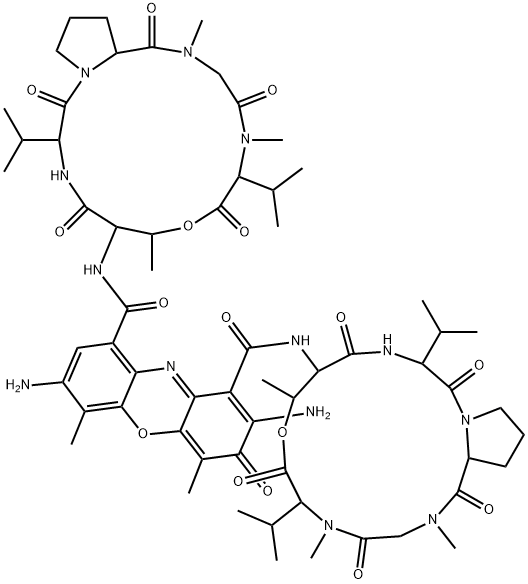
What is 7-AMINOACTINOMYCIN D?
Description
7-Aminoactinomycin D (7-AAD) is a fluorescent DNA dye that is commonly used for the detection or exclusion of non-viable cells in flow cytometric analysis, as it is generally excluded by live cells. It displays excitation spectra of 488, 546, and 578 nm and an emission spectrum of 650 nm. As 7-AAD is detected in the far red range of the spectrum, it exhibits minimal spectral overlap with commonly used probes, therefore it can be used in conjunction with probes such as FITC. 7-AAD has been used to evaluate apoptosis and cell-mediated cytotoxicity and to stain DNA in cells that have been fixed and permeabilized by a variety of methods.
Chemical properties
Purple powder
The Uses of 7-AMINOACTINOMYCIN D
7-Aminoactinomycin D is a fluorescent DNA dye for apoptosis and flow cytomtery studies.
The Uses of 7-AMINOACTINOMYCIN D
Fluorescent DNA stain. A featured product for Apoptosis research.
What are the applications of Application
7-Aminoactinomycin D is a fluorescent DNA dye for apoptosis and flow cytomtery studies
Definition
ChEBI: 7-aminoactinomycin D is a chromopeptide. It has a role as a fluorochrome.
General Description
Free form:
Excitation: 503 nm (0.01 M phosphate buffer, pH 7.0 containing 0.1 mM EDTA); 550 nm
Emission: 675 nm (0.01 M phosphate buffer, pH 7.0 containing 0.1 mM EDTA); 672 nm
DNA Complex:
Excitation: 543 nm; 555 nm
Emission: 655 nm; 665 nm
Biochem/physiol Actions
Primary Targetleukemias and sarcomas
storage
Store at -20°C
References
1) Telieps?et al.?(2013)?Cellular-FLIP, Raji isoform (c-FLIP R) modulates cell death induction upon T-cell activation and infection, Eur. J. Immunol. 43 1499 2) Schmid?et al.?(2007)?Live-cell assay for detection of apoptosis by dual-laser flow cytometry using Hoechst 33342 and 7-amino-actinomycin D, Nat. Protoc.?2?187 3) Toba?et al.?(2000) Cell kinetic study of normal human bone marrow hematopoiesis and acute leukemia using 7AAD/PY, Eur.J.Haematol. 64 10 4) Lecoeur?et al.?(1997)?Strategies for phenotyping apoptotic peripheral human lymphocytes comparing ISNT, annexin-V and 7-AAD cytofluorometric staining methods, J. Immunol. Methods?209?111 5) Su?et al.?(1996)?Hematopoietic cell protein-tyrosine phosphatase-deficient motheaten mice exhibit T cell apoptosis defect, J. Immunol.?156?4198
Properties of 7-AMINOACTINOMYCIN D
| Melting point: | 252~253℃ |
| Boiling point: | 1400.8±65.0 °C(Predicted) |
| Density | 1.44 |
| Flash point: | 801℃ |
| storage temp. | -20°C |
| solubility | chloroform: 1 mg/mL, clear, red |
| form | powder |
| pka | 8.90±0.70(Predicted) |
| color | red to dark purple |
| BRN | 5915844 |
| Stability: | Stable for 1 year from date of purchase as supplied. Solutions should be made fresh daily. |
Safety information for 7-AMINOACTINOMYCIN D
| Signal word | Danger |
| Pictogram(s) |
 Skull and Crossbones Acute Toxicity GHS06 |
| GHS Hazard Statements |
H300:Acute toxicity,oral |
| Precautionary Statement Codes |
P264:Wash hands thoroughly after handling. P264:Wash skin thouroughly after handling. P270:Do not eat, drink or smoke when using this product. P301+P310:IF SWALLOWED: Immediately call a POISON CENTER or doctor/physician. P405:Store locked up. P501:Dispose of contents/container to..… |
Computed Descriptors for 7-AMINOACTINOMYCIN D
New Products
(S)-3-Aminobutanenitrile hydrochloride 4-Methylphenylacetic acid N-Boc-D-alaninol N-BOC-D/L-ALANINOL Tert-butyl bis(2-chloroethyl)carbamate 3-Morpholino-1-(4-nitrophenyl)-5,6-dihydropyridin- 2(1H)-one Furan-2,5-Dicarboxylic Acid Tropic acid 1-Bromo-3,5-Di-Tert-Butylbenzene S-2-CHLORO PROPIONIC ACID ETHYL ISOCYANOACETATE 2-Bromo-1,3-Bis(Dimethylamino)Trimethinium Hexafluorophosphate 4-IODO BENZOIC ACID 3-NITRO-2-METHYL ANILINE 1-(2,4-DICHLOROPHENYL) ETHANAMINE (2-Hydroxyphenyl)acetonitrile 4-Bromopyrazole 2-(Cyanocyclohexyl)acetic acid 4-methoxy-3,5-dinitropyridine 1-(4-(aminomethyl)benzyl)urea hydrochloride 2-aminopropyl benzoate hydrochloride diethyl 2-(2-((tertbutoxycarbonyl)amino) ethyl)malonate tert-butyl 4- (ureidomethyl)benzylcarbamate Ethyl-2-chloro((4-methoxyphenyl)hydrazono)acetateRelated products of tetrahydrofuran
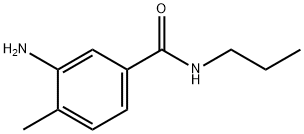
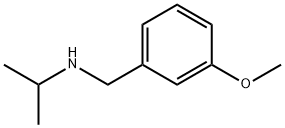
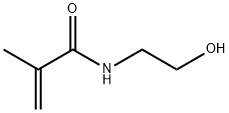

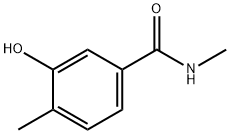

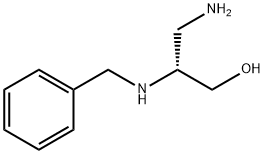
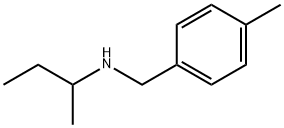
You may like
-
 7-Aminoactinomycin D CAS 7240-37-1View Details
7-Aminoactinomycin D CAS 7240-37-1View Details
7240-37-1 -
 2033-24-1 98%View Details
2033-24-1 98%View Details
2033-24-1 -
 1975-50-4 98%View Details
1975-50-4 98%View Details
1975-50-4 -
 2-HYDROXY BENZYL ALCOHOL 98%View Details
2-HYDROXY BENZYL ALCOHOL 98%View Details
90-01-7 -
 2-Chloro-1,3-Bis(Dimethylamino)Trimethinium Hexafluorophosphate 221615-75-4 98%View Details
2-Chloro-1,3-Bis(Dimethylamino)Trimethinium Hexafluorophosphate 221615-75-4 98%View Details
221615-75-4 -
 61397-56-6 CIS BROMO BENZOATE 98%View Details
61397-56-6 CIS BROMO BENZOATE 98%View Details
61397-56-6 -
 14714-50-2 (2-Hydroxyphenyl)acetonitrile 98+View Details
14714-50-2 (2-Hydroxyphenyl)acetonitrile 98+View Details
14714-50-2 -
 118753-70-1 98+View Details
118753-70-1 98+View Details
118753-70-1